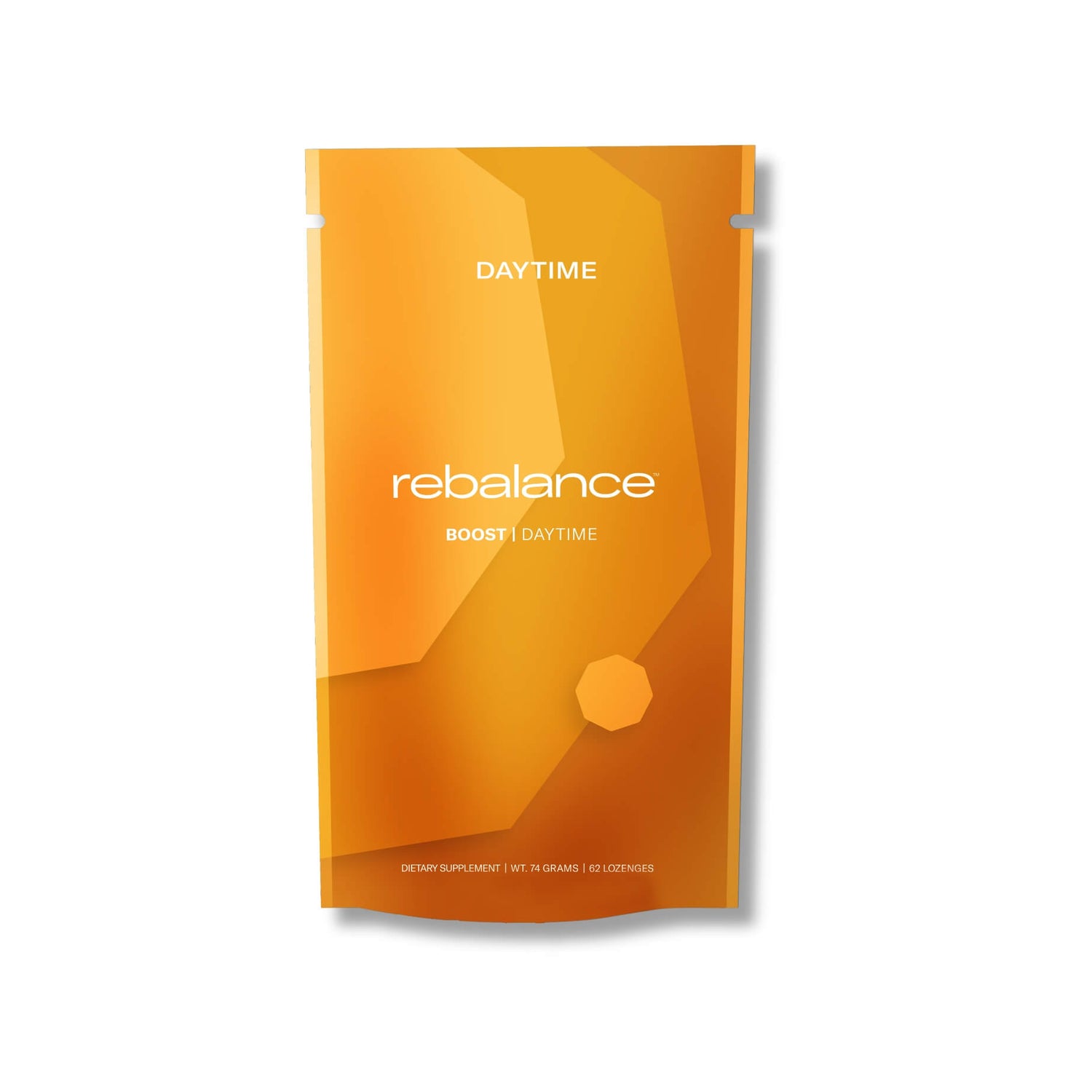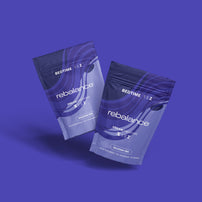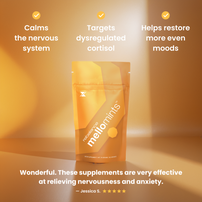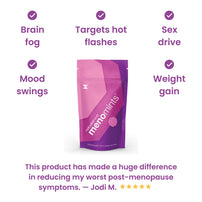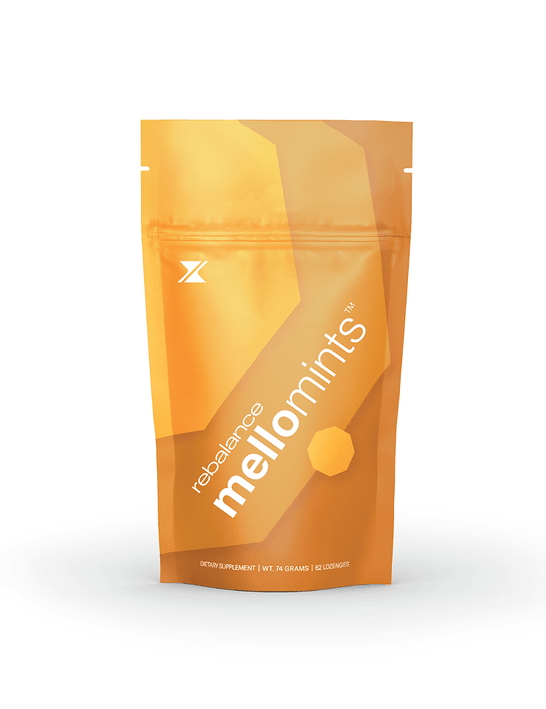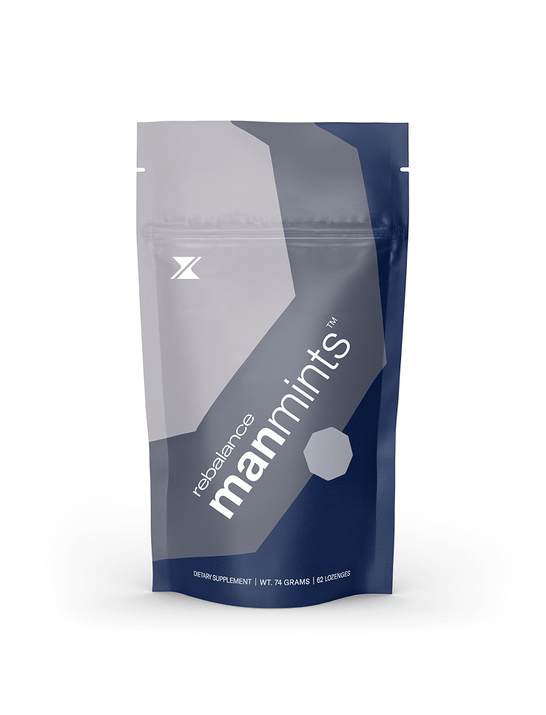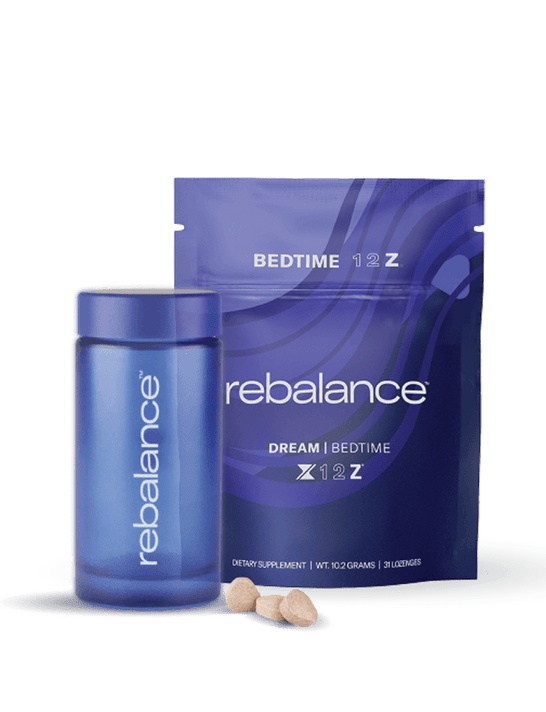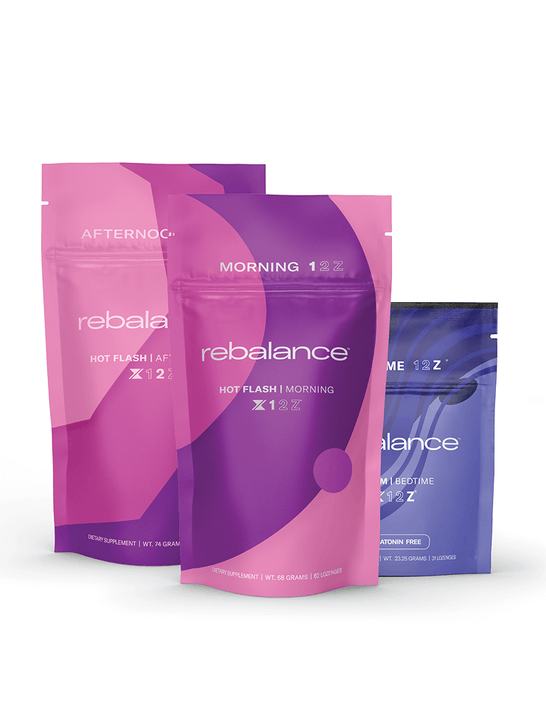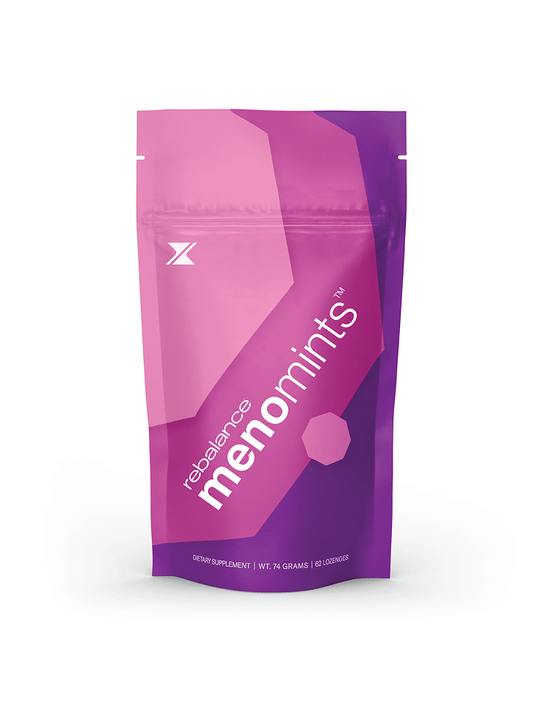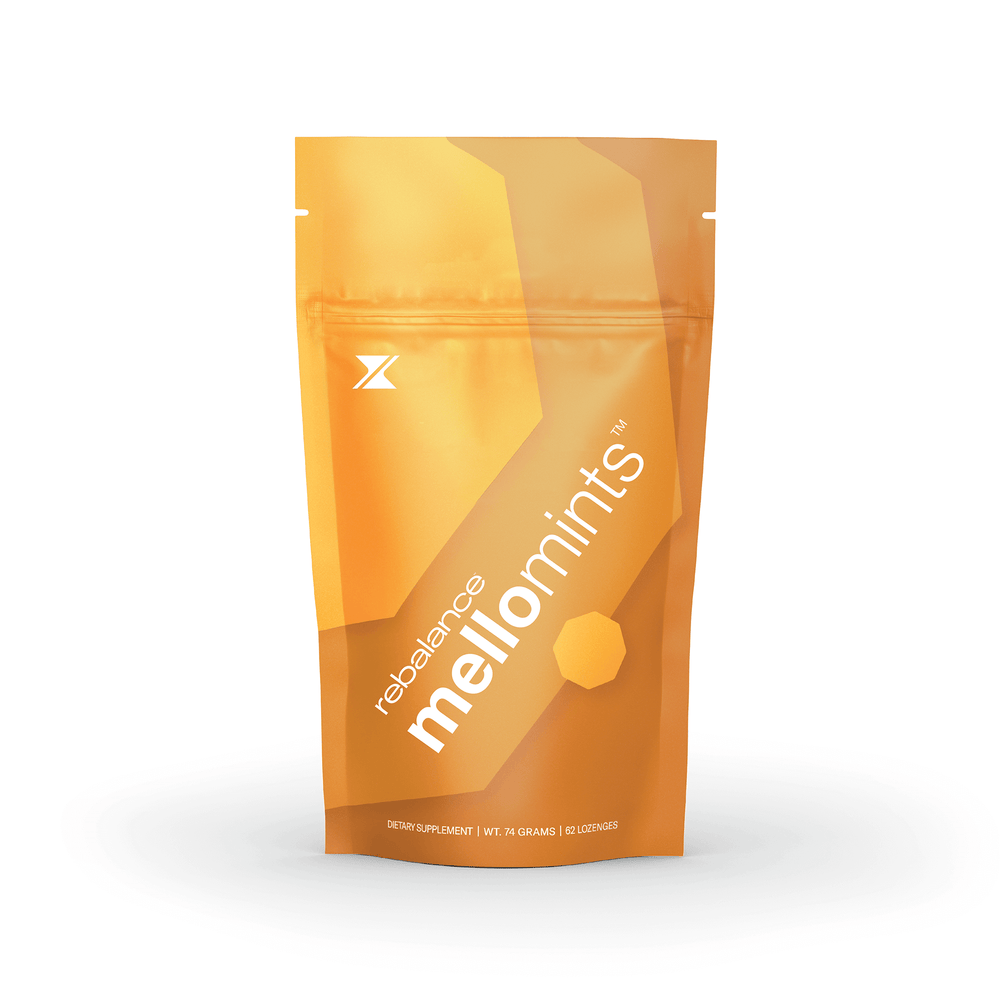The Most Stressed-Out States in America Are Aging You Faster Than You Think
09/16/2025 by Rebalance Health
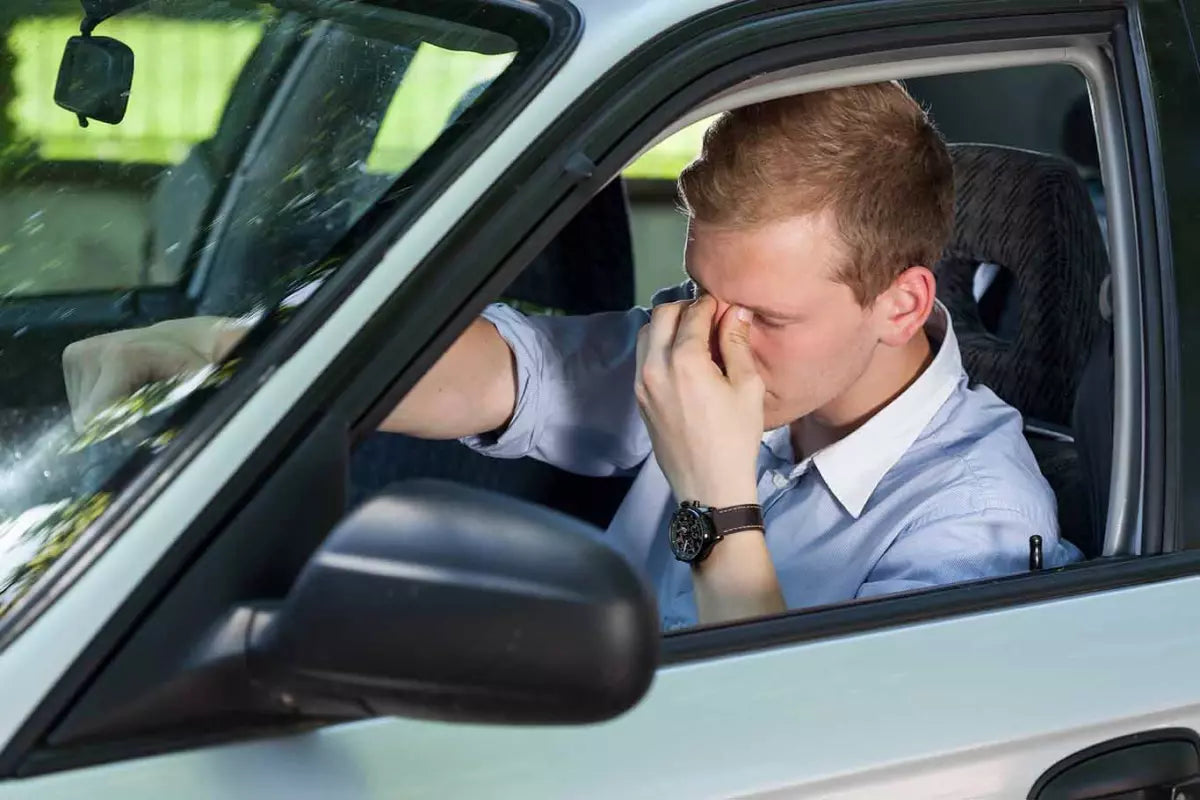
Explore the most stressful U.S. states to work and live. See which states rank worst for pay, sleep, commuting — and how it’s affecting your skin and health.
If work has started to feel more like a survival sport than a career path, you’re not imagining it. A growing body of data is confirming what many Americans already feel in their bodies. Where we work is now a threat to our health. Innerbody Research, a health and wellness information platform known for its data-driven deep dives, conducted a stress study detailing the states that have the most stressed-out workers.
Their recent study shows that the most stressed-out states are concentrated in the South. Georgia is at the top, followed by states like Alabama and Nevada. Georgia is at the top, followed by states like Alabama and Nevada. Researchers didn’t just pull these rankings out of thin air. They dug into federal and public health data...everything from employment conditions and income to how long you’re stuck in traffic and how little you sleep. The results aren’t just numbers on a spreadsheet. They’re physiological.
All that stress isn’t staying in your inbox. It’s showing up on your face, messing with your hormones, and just draining your energy.
Why Low-Stress States Win the Recovery Game
Let’s talk geography. Because when it comes to stress, where you work might matter just as much as what you do. Studies have found that the most stressful states to work in are disproportionately located in the South. Georgia, Alabama, and Nevada lead the pack, thanks to a punishing combination of long hours, declining pay, and high unemployment. Add in poor sleep and brutal commutes, and you’ve got a problem.
The least stressful states, like Minnesota and Oregon, share something a little harder to pin down. Better work-life balance, sure, but also something more critical: better sleep. They don’t just work less. They recover more.
When Your ZIP Code Becomes a Stress Trigger
Basically, it’s the gunk that’s messing with your mental performance. For anyone who’s ever felt their shoulders tighten just from opening their calendar, these state-level disparities point to a deeper systemic issue. Georgia didn’t just edge its way onto the list but exploded to the top, jumping from 18th place last year to No. 1 in 2024. The data shows exactly why. The state ranks first in commuting stress and fourth in income-related stress. It’s also sixth for employment-related stress. The bottom line? You’re driving further for less pay and working more.
The average commute in Georgia is now almost 29 minutes. One of the longest in the country (and that’s the average, which feels wildly optimistic to anyone sitting on I-75 at 5 p.m.). According to the 2024 APA Stress in America survey, long commutes are a huge, underappreciated stressor, jacking up your cortisol and making you exhausted. It can even contribute to cardiovascular risk. What’s more, Georgia residents also saw a 0.52% drop in average weekly income, while basic living costs continued to rise. This is the kind of pressure that doesn’t just show up in bank accounts, but on people’s skin and in their sleep quality.
Stress Is Written All Over Your Skin
“When stress becomes chronic, it hijacks your biology,” says clinical counselor Lindsey Tomayko, LPCC. “The body starts to interpret everything as a threat — and your skin reflects that chaos.” So that random breakout you’re having? It might not be so random. Chronic workplace stress is hormonal and inflammatory. And it’s visible.
All that cortisol weakens your skin’s barrier and slows down repair, which is why dermatologists are seeing flare-ups in otherwise healthy adults. Stress-induced acne or rosacea are basically red flags from your nervous system. Burnout can also rewire your brain, making it hard to tell if you’re just tired or truly depleted. Over time, this biochemical mess affects everything from how well you can focus to your body’s collagen production.
Sleep, Skin, and the Aging Loop
States with the worst sleep scores, including West Virginia and Alabama, aren’t just tired, they’re aging faster. Short sleep duration increases inflammation and delays skin healing, making each restless night another missed opportunity for recovery. And while expensive skincare might hide some symptoms, nothing replaces quality rest for maintaining a healthy glow.
Stress doesn’t begin at your desk. It starts in the driveway. Commuting-related stress is one of the clearest, yet most under-discussed, contributors to workplace burnout. The latest rankings show Georgia, Texas, and Alabama at the bottom for commuter well-being, with long travel times and minimal remote work access. There’s also poor walkability in many areas.
A daily commute longer than 25 minutes has been shown to increase mental fatigue and reduce emotional resilience. It’s not just the traffic. It’s the chronic, low-grade stress of being stuck and time-starved often before the workday even begins. Remote work isn’t a magic bullet, but in states with higher percentages of at-home workers (like Oregon or Colorado), commuting stress scores were significantly lower. That’s not just a lifestyle perk. It’s a neurological one.
The Paycheck Isn’t Stretching Like It Used To
For many Americans, stress starts with a number. Or more precisely, the gap between the number on their paycheck and the one on their grocery receipt. Innerbody’s ranking placed Nevada and Arkansas at the top for income-related stress, followed closely by Georgia and Montana. These aren’t just low-income states; they’re places where wages are actively shrinking while costs are still rising. Nevada, for instance, saw a nearly 5% drop in average weekly earnings, from $903 in 2023 to $861 in 2024. That $42 difference might not sound like a catastrophe, but in a state where housing has ballooned, it’s a direct hit. That’s a tank of gas. A week of groceries for one person. This financial squeeze is leading to a deeper kind of exhaustion. The kind that’s chronic and harder to fix with a weekend off. Financial anxiety activates your body’s stress response, which means you’re not just worried about money, you’re physically wearing the toll.
At the other end of the spectrum, Minnesota, Oregon, and Vermont consistently rank among the least stressful places to work. What they share isn’t just geography, but balance. These states report better sleep scores, higher income growth, and shorter workweeks. Minnesota holds the No. 1 spot for the second year in a row, thanks to moderate commute times and improved wages.
They also have a notably low percentage of adults with short sleep duration. It’s not that people here work less; they recover more. Quality rest, community infrastructure, and built-in flexibility all contribute to better outcomes, not just at work, but in skin health and mental performance. Oregon also made major gains with a 14.54% growth in average weekly earnings, the highest in the nation. In a time when most people are simply trying to keep up, this kind of wage growth is protective.
But, not everyone can or wants to pack up and move to Minnesota. Recovery is possible, no matter where you live, if you learn to work with your biology instead of against it. That starts with how you eat, sleep, and move.
Your Anti-Stress Toolkit
Hydrate. Proper hydration isn’t just about drinking more water. It’s about restoring electrolytes and protecting the skin’s moisture barrier to improve cognitive clarity. Focus on water-dense foods and omega-3s. Also, hyaluronic acid serums can boost skin hydration from the outside in. Supporting hydration helps slow visible aging and strengthens your stress resilience.
Fix your body clock. If you’re waking up groggy and wired, your circadian rhythm is likely disrupted. Reset it with consistent wake and sleep times. Magnesium glycinate or L-threonate supplementation can help, as can a digital detox an hour before bed. Quality sleep isn’t optional; it’s your body’s top recovery tool.
Use light the right way. Red light therapy has been shown to reduce inflammation, support mitochondrial function, and promote skin renewal. For those experiencing burnout-related skin fatigue, light-based therapies can stimulate collagen and support dermal repair while calming the nervous system.
Take breaks. Studies show that brief, mindful breaks throughout the day can restore focus and reduce cortisol. It’s not about meditation marathons. Just a five-minute pause between Zoom calls to stretch or walk outside can change your entire neurochemical profile.
Overview

Stay Calm. Sleep Deep. Wake Clear.
A lozenge that supports deep sleep, better REM, and calmer nights. Without melatonin — unless you want it.
